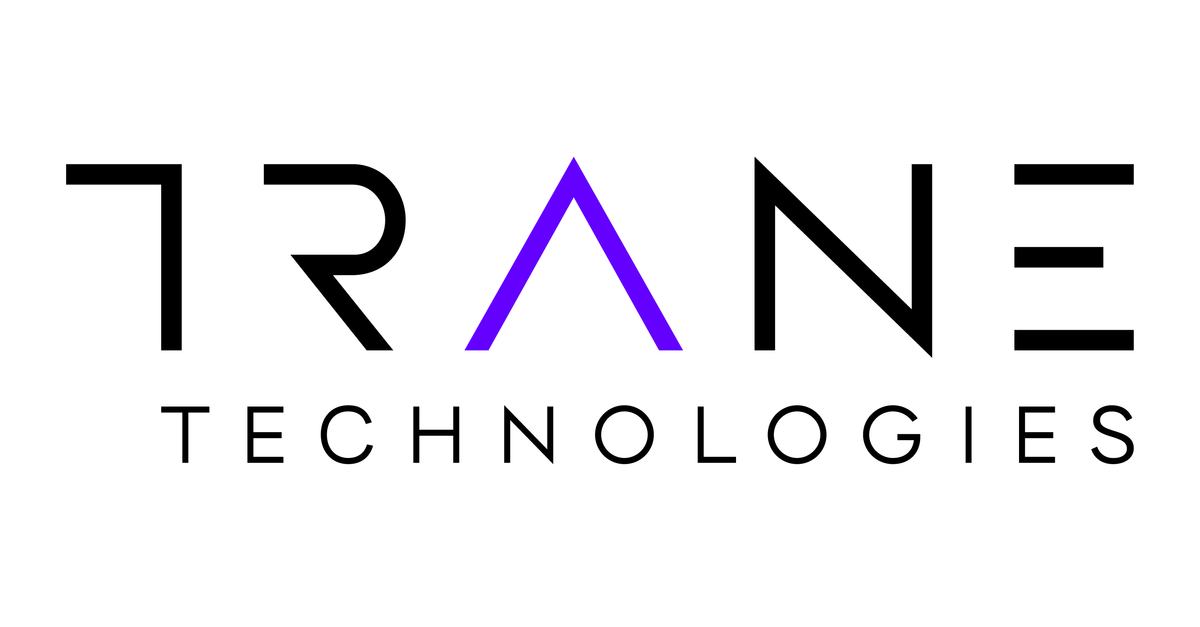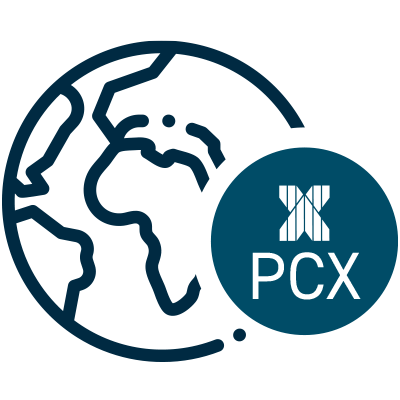SUMMARY
Global equity market sentiment remained positive in July, buoyed by a drop in developed market inflation and resilient GDP data. This raised hopes for a soft landing and supported a broad rally across most asset classes and regions. The Fund delivered positive returns in July of +1.4%, with Sustainable Transport and Environmental Services outperforming.
In this month’s commentary, Ty Lee looks at recent efforts to resist or water-down environmental policies aimed at tackling climate change and other environmental issues, despite the heat wave sweeping across the globe serving as a stark reminder of the urgency of combating climate change.
We recently recorded our latest Impact Report Webinar – The Age of Adoption, which is available below for your review. CPD points are applicable for Australian Financial Planners HERE.
























